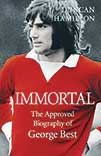 The approved biography of George Best
The approved biography of George Best
by Duncan Hamilton
Century, £20.00
Reviewed by Robbie Meredith
From WSC 322 December 2013
Buy this book
Despite what Immortal would have you believe, George Best divides opinion in his home country. For each of the tens of thousands who stood reverently in the Belfast rain for his 2005 funeral, there is a counterpart embarrassed and infuriated by the constant scandals and drunken antics. It is a mark of his status, of course, that most people in Northern Ireland still care enough to have an opinion about Best – good or bad – and it is unlikely that Duncan Hamilton’s “approved” biography will change what they think. Written with the blessing of Best’s sister Barbara, the sibling most active in guarding his memory, Immortal has few words of condemnation for even the worst of his excesses, preferring to depict chaos engulfing Best, rather than something he was primarily responsible for.
The early chapters, detailing his rise, are familiar but still thrilling. The shy, good-looking boy from Belfast, spotted by the legendary scout Bob Bishop and a surrogate son to Matt Busby, becomes the fulcrum of an outstanding Manchester United team until Europe is conquered when Best is barely 22. Even in the “el Beatle” years, he lodged in a neat terraced house with the redoubtable Mary Fullaway, and it was a home he would often return to even as things were going wrong in later years.
Yet the hour of Best’s greatest triumph, that 4-1 victory over Benfica at Wembley, is the beginning of a long, drawn-out end. Despite his iconic goal he felt he hadn’t played well in the final, a portent of disappointments to come. In the troubled aftermath the book, echoing its subject, rather loses its way. While we now know much more of the twin afflictions of alcoholism and depression, from which he undoubtedly suffered, I suspect that Hamilton makes more excuses for Best’s behaviour than Best, to his credit,
actually did.
For, as Hamilton tells it, Best suffered primarily from feeling an excess of love, not for the booze and birds of tabloid tales, but for football and primarily Manchester United. His life does indeed come to resemble a kind of hell – in one telling passage, coachloads of visitors come to picnic in the unfenced garden of his ill-advised modernist home, Che Sera, and turn it into a spectral prison by gawping constantly through the all-encompassing glass.
Immortal becomes a long plea for understanding, and a lament that it wasn’t a quality successive Manchester United managers after Busby displayed in Best’s case. Yet although he was in the grip of twin evils, it is hard to see how Wilf McGuinness or Frank O’Farrell could have made more allowances for him, and Hamilton protests too much when he dismisses Best’s drink-driving, assaults and violence against women in little more
than a few sentences.
Hamilton is a terrific writer but he seems more determined to be sympathetic towards his subject than Best, in his more reflective moments, was about himself. Immortal is a fine biography and a fascinating portrait of a dawning age of sporting celebrity, but will appeal most to those already inclined to view Best as the last of the doomed football romantics.
Buy this book
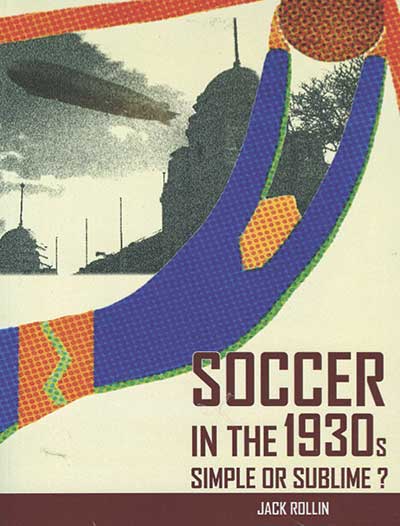 Simple or sublime?
Simple or sublime? 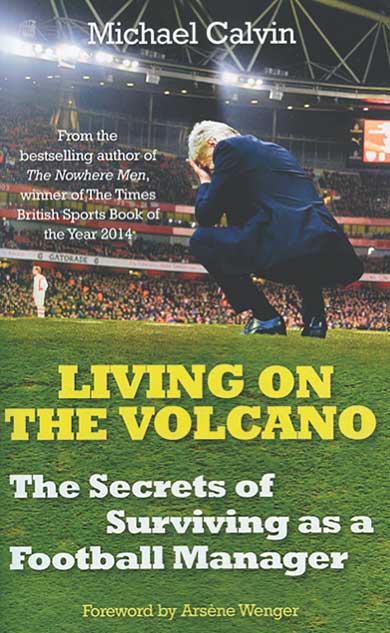 The secrets of surviving as a football manager
The secrets of surviving as a football manager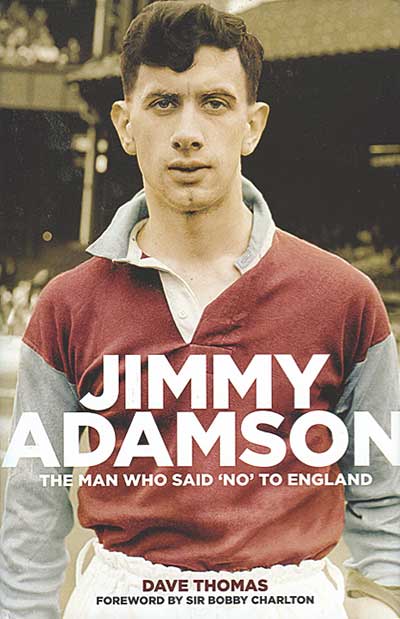 The man who said no to England
The man who said no to England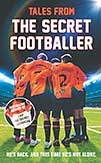 by The Secret Footballer
by The Secret Footballer The approved biography of George Best
The approved biography of George Best